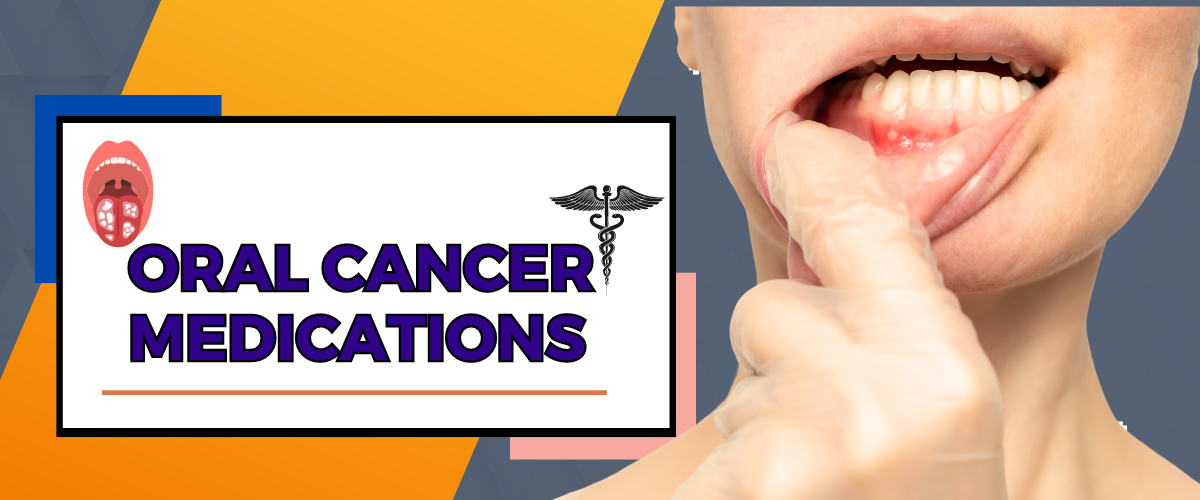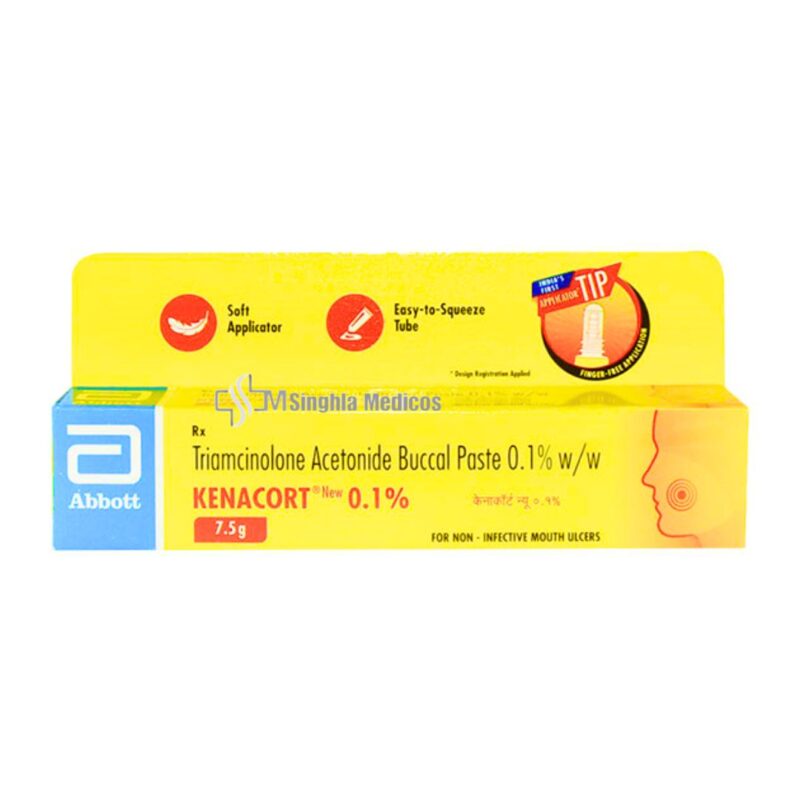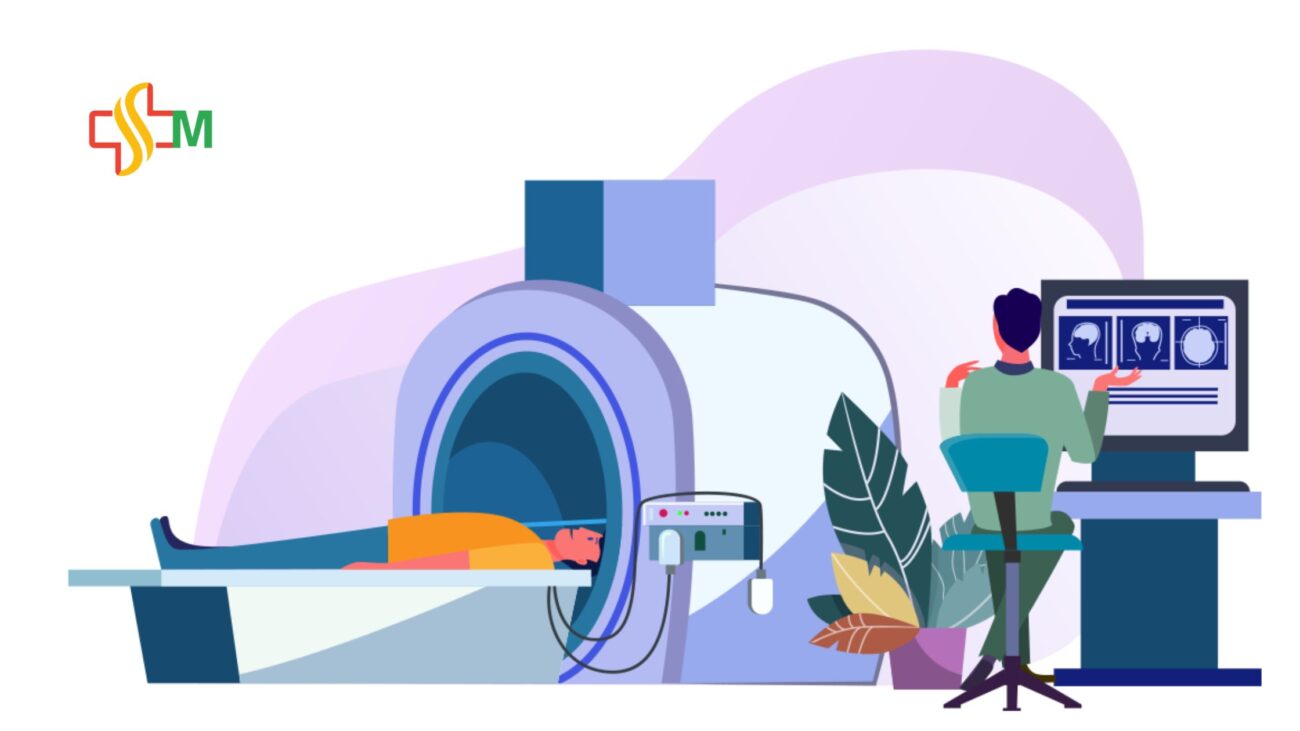BLOG
Oral Cancer Medications: What You Need to Know

Oral cancer, a type of cancer that affects the mouth or throat, requires a multi-faceted approach to treatment. While surgery and radiation therapy are common, medications play a crucial role in managing the disease, alleviating symptoms, and improving overall quality of life. Understanding these medications can help patients and their families make informed decisions about treatment options. Here’s a friendly guide to some of the key oral cancer medications and how they work.
1. Chemotherapy Drugs
Chemotherapy is a cornerstone in the treatment of many cancers, including oral cancer. These drugs work by targeting and killing rapidly dividing cancer cells. However, they also affect normal cells, leading to side effects such as nausea, fatigue, and hair loss. Common chemotherapy drugs used for oral cancer include:
- Cisplatin: This drug interferes with DNA replication, preventing cancer cells from multiplying.
- Carboplatin: Similar to cisplatin, carboplatin is used to treat various cancers, including oral cancer. It is often chosen for its somewhat milder side effect profile.
- 5-Fluorouracil (5-FU): This medication disrupts DNA synthesis in cancer cells, helping to shrink tumors.
Chemotherapy can be administered intravenously or orally, depending on the specific drug and treatment plan.
2. Targeted Therapy
Targeted therapy is a newer class of medication designed to target specific molecules involved in cancer growth. Unlike traditional chemotherapy, which affects all rapidly dividing cells, targeted therapies aim to disrupt cancer cell growth more precisely, often leading to fewer side effects. Some common targeted therapies for oral cancer include:
- Cetuximab (Erbitux): This drug targets the epidermal growth factor receptor (EGFR), which is often overexpressed in oral cancers. By blocking this receptor, cetuximab helps slow down cancer growth.
- Nimotuzumab: Similar to cetuximab, nimotuzumab also targets EGFR but is used in specific cases depending on the cancer’s characteristics.
Targeted therapies are usually given in combination with chemotherapy or radiation to enhance treatment efficacy.
3. Immunotherapy
Immunotherapy leverages the body’s immune system to fight cancer. These medications work by stimulating the immune system or by blocking the mechanisms that cancer cells use to evade immune detection. For oral cancer, immunotherapy options include:
- Pembrolizumab (Keytruda): This drug blocks the PD-1 receptor on immune cells, enhancing the ability of the immune system to attack cancer cells.
- Nivolumab (Opdivo): Similar to pembrolizumab, nivolumab inhibits the PD-1 receptor, helping the immune system recognize and destroy cancer cells.
Immunotherapy can be a promising option, especially for patients with advanced oral cancer who have not responded well to other treatments.
4. Pain Management Medications
Pain management is a critical aspect of oral cancer care, as the disease and its treatments can cause significant discomfort. Pain relief is tailored to the severity of the pain and may include:
- Opioids: Drugs like morphine and oxycodone are used for severe pain. They are effective but come with the risk of dependence and side effects like constipation and drowsiness.
- Non-Steroidal Anti-Inflammatory Drugs (NSAIDs): Medications like ibuprofen can help with mild to moderate pain and inflammation.
Effective pain management improves quality of life and allows patients to better tolerate other cancer treatments.
5. Supportive Medications
Supportive medications help manage the side effects of cancer treatments and improve overall well-being. These include:
- Antiemetics: Drugs like ondansetron and metoclopramide help prevent nausea and vomiting caused by chemotherapy.
- Antibiotics and Antifungals: Given to prevent or treat infections, which are common due to a weakened immune system from cancer treatments.
- Growth Factors: Medications such as granulocyte-colony stimulating factor (G-CSF) stimulate the production of white blood cells, reducing the risk of infections caused by chemotherapy-induced low white blood cell counts.
Navigating the Treatment Journey
Choosing the right medications for oral cancer involves a comprehensive approach. Oncologists tailor treatment plans based on the cancer’s stage, location, and the patient’s overall health. Open communication with the healthcare team is vital for managing side effects and adjusting treatment as needed.
Patients should also be proactive in managing their health by reporting side effects, adhering to medication schedules, and seeking support from healthcare professionals, family, and support groups. Understanding the role of each medication can empower patients and their families, making the treatment journey a bit more manageable.
FAQ About Oral Cancer Medications
1. What are the main types of medications used to treat oral cancer?
The main types of medications used to treat oral cancer include:
- Chemotherapy Drugs: These work by killing rapidly dividing cancer cells. Examples include cisplatin, carboplatin, and 5-fluorouracil (5-FU).
- Targeted Therapy: These drugs target specific molecules involved in cancer growth. Examples are cetuximab and nimotuzumab.
- Immunotherapy: This treatment boosts the body's immune system to fight cancer. Examples include pembrolizumab and nivolumab.
- Pain Management Medications: These help alleviate pain related to the cancer or its treatment. Examples include opioids and NSAIDs.
- Supportive Medications: These address side effects of cancer treatments, such as antiemetics for nausea, antibiotics to prevent infections, and growth factors to boost white blood cell counts.
How do chemotherapy drugs work?
Chemotherapy drugs work by targeting and killing cancer cells that are rapidly dividing. These drugs interfere with the cancer cells' ability to grow and multiply, which helps to shrink tumors and eliminate cancer from the body. However, they can also affect normal, healthy cells that divide quickly, leading to side effects such as nausea, fatigue, and hair loss.
What is targeted therapy and how does it differ from chemotherapy?
Targeted therapy is a type of treatment that targets specific molecules or pathways involved in cancer cell growth and survival. Unlike chemotherapy, which affects all rapidly dividing cells, targeted therapy aims to be more precise, reducing damage to normal cells and potentially leading to fewer side effects. For example, cetuximab targets the epidermal growth factor receptor (EGFR) on cancer cells.
What are the side effects of immunotherapy?
Immunotherapy can have side effects, although they tend to differ from those of traditional chemotherapy. Common side effects include fatigue, skin rashes, and flu-like symptoms. In some cases, immunotherapy can cause the immune system to attack normal organs, leading to inflammation in organs such as the lungs, liver, or intestines. It's important to monitor and report any unusual symptoms to your healthcare provider.
How can pain from oral cancer be managed?
Pain from oral cancer can be managed using a variety of medications, including:
- Opioids: For severe pain, medications like morphine or oxycodone may be prescribed. These are effective but can have side effects such as constipation and drowsiness.
- Non-Steroidal Anti-Inflammatory Drugs (NSAIDs): For mild to moderate pain, drugs like ibuprofen can be helpful. They also help reduce inflammation.
It's important to work with your healthcare team to find the right pain management plan for your specific needs.
What are supportive medications and why are they important?
Supportive medications are used to manage the side effects of cancer treatments and improve overall quality of life. They include:
- Antiemetics: To prevent or treat nausea and vomiting from chemotherapy.
- Antibiotics and Antifungals: To prevent or treat infections due to a weakened immune system.
- Growth Factors: To stimulate the production of white blood cells and reduce the risk of infection.
These medications help patients tolerate cancer treatments better and address complications that can arise during therapy.
How do doctors decide which medications to use for oral cancer?
Doctors decide on medications based on several factors, including:
- The stage and type of oral cancer
- The specific characteristics of the cancer cells
- The patient’s overall health and medical history
- Potential side effects and how well the patient can tolerate them
Treatment plans are personalized and may involve a combination of different medications to achieve the best possible outcome.
Can oral cancer medications be used in combination?
Yes, oral cancer medications are often used in combination to enhance treatment effectiveness. For example, chemotherapy might be combined with targeted therapy or immunotherapy to attack the cancer from different angles. Your healthcare team will tailor the combination of medications based on your specific condition and treatment goals.
How can I manage the side effects of oral cancer medications?
Managing side effects involves a proactive approach, including:
- Communicating with your healthcare team: Report any side effects you experience so that adjustments can be made to your treatment plan.
- Following supportive care recommendations: Use medications to manage side effects like nausea or pain as prescribed.
- Maintaining a healthy lifestyle: Eating well, staying hydrated, and getting enough rest can help your body cope with treatment-related side effects.
10. Are there any new treatments or medications for oral cancer?
Research is ongoing, and new treatments and medications are continually being developed. Clinical trials may offer access to innovative therapies that are not yet widely available. If you’re interested in exploring new treatment options, discuss with your healthcare provider whether participating in a clinical trial might be appropriate for you.
Conclusion
Oral cancer medications are diverse and target different aspects of the disease, from killing cancer cells to alleviating symptoms and managing side effects. Chemotherapy, targeted therapy, immunotherapy, pain management, and supportive medications each play a unique role in the comprehensive treatment of oral cancer. By working closely with healthcare providers and staying informed, patients can navigate their treatment journey with greater confidence and hope for better outcomes.
-
 Dologel
Dologel
₹119.75Original price was: ₹119.75.₹107.77Current price is: ₹107.77. -
 Kenacort New 0.1% Buccal Paste
Kenacort New 0.1% Buccal Paste
₹165.19Original price was: ₹165.19.₹148.67Current price is: ₹148.67. -
 Glycolate 1 Tablet
Glycolate 1 Tablet
₹106.50Original price was: ₹106.50.₹95.85Current price is: ₹95.85.
Understanding and Addressing Disparities in Cancer Treatment Access and Outcomes
-
Posted by
admin
- 0 comments
8 Ways Orthopedic Support Enhances Senior Comfort & Mobility
-
Posted by
admin
- 0 comments
Herbal Remedies and Alternative Therapies in Cancer Care What You Need to Know
-
Posted by
admin
- 0 comments
The Role of Exercise and Physical Activity in Cancer Prevention and Management
-
Posted by
admin
- 0 comments
Understanding Cancer Staging: What It Means for Treatment Options
-
Posted by
admin
- 0 comments
The Impact of Stress on Cancer Progression and Recovery
-
Posted by
admin
- 0 comments
How to Navigate the Healthcare System After a Cancer Diagnosis
-
Posted by
admin
- 0 comments
Fight Breast Cancer With Advanced Treatment
-
Posted by
admin
- 0 comments
Oral Cancer: Causes, Symptoms & Treatment
-
Posted by
admin
- 0 comments
Understanding Stomach Cancer: Causes, Symptoms, and Treatment Options
-
Posted by
admin
- 0 comments
Top 5 Cancer Hospitals in Maharashtra
-
Posted by
admin
- 0 comments
Exploring the Link Between Environmental Factors and Cancer Risk
-
Posted by
admin
- 0 comments













